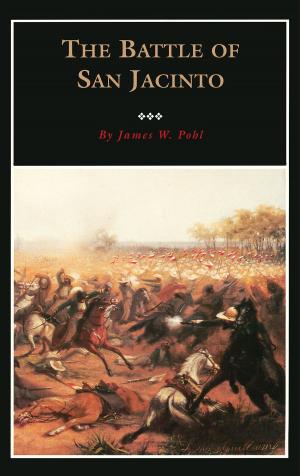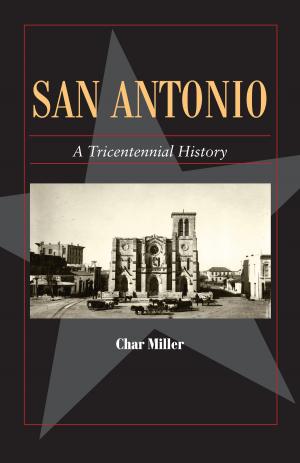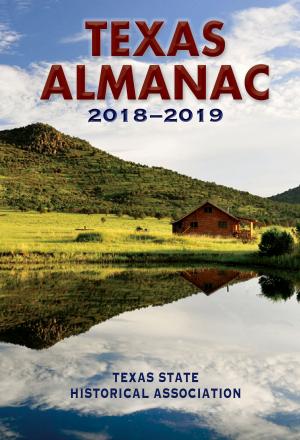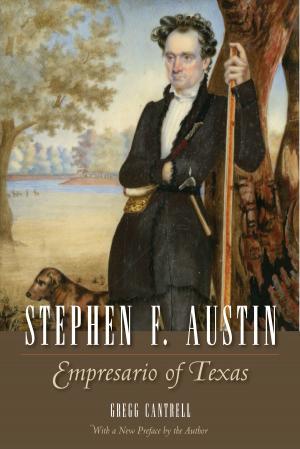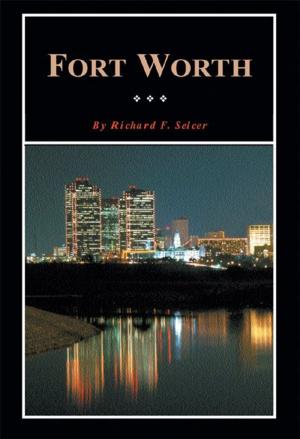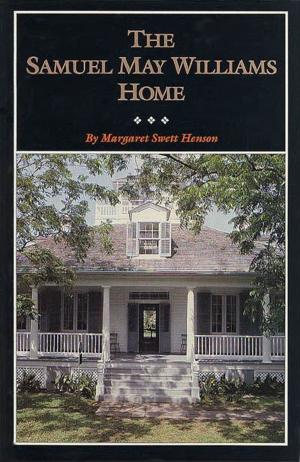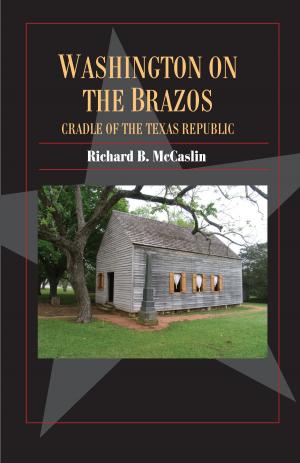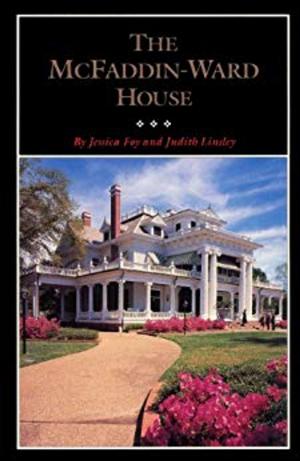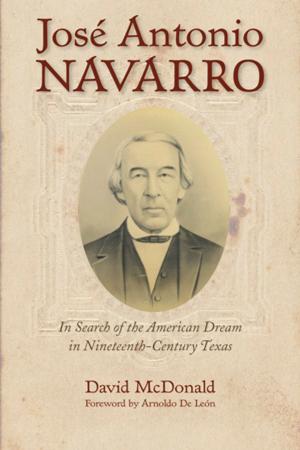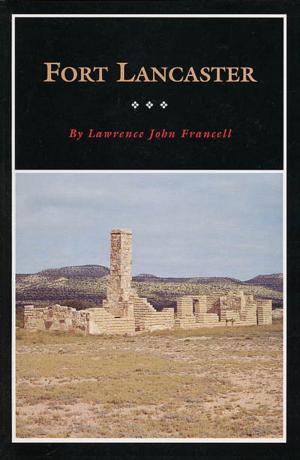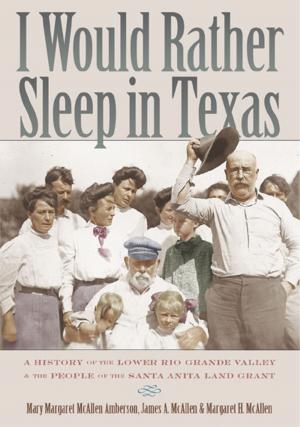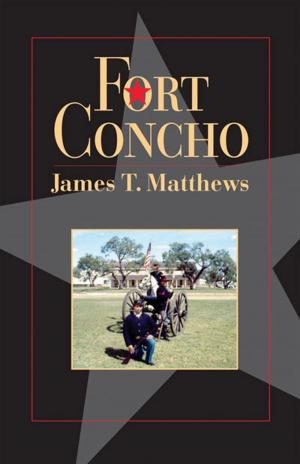McKinney Falls
The Ranch Home of Thomas F. McKinney, Pioneer Texas Entrepreneur
Nonfiction, History, Americas, United States| Author: | Margaret Swett Henson | ISBN: | 9781625110091 |
| Publisher: | Texas State Historical Assn | Publication: | January 30, 2014 |
| Imprint: | Texas State Historical Assn | Language: | English |
| Author: | Margaret Swett Henson |
| ISBN: | 9781625110091 |
| Publisher: | Texas State Historical Assn |
| Publication: | January 30, 2014 |
| Imprint: | Texas State Historical Assn |
| Language: | English |
McKinney Falls State Park, which lies across the Colorado River from Austin, is the 672-acre center of a 40,000 acre tract where Texas pioneer Thomas Freeman McKinney established his ranch. This carefully researched and well-written history relates the fascinating life story of the influential frontiersman and entrepreneur who lived and ranched at McKinney Falls.
Born in Kentucky in 1801, McKinney led an adventuresome life on the early Texas frontier. In 1823, he and his cousin Phil Sublett left Missouri with a Santa Fe caravan. Finding the market there glutted, they took their goods on south to Chihuahua, Mexico. Returning through Saltillo and San Antonio, they stopped long enough in Stephen F. Austin's fledgling Texas colony for McKinney to claim a league of land. En route home, the men stopped in Nacogdoches where both young men settled and married.
McKinney became a successful trader, eventually moving to the Brazos River valley, a jumping off point for his pack trains of cotton to Saltillo. Handy with a Kentucky rifle and fluent in Spanish, he traveled in Texas and Mexico as a businessman and made valuable contacts for the commission business he founded at the mouth of the Brazos in 1834. His firm of McKinney and Williams prospered and helped supply the Texas revolution in 1835–36.
In 1837, McKinney and others founded the Galveston City Company. When he moved the McKinney & Williams commission house there, he became one of the wealthiest leaders of the new Republic. He was a power behind the political scenes, supporting Sam Houston, among others. After statehood, he served in the Texas House of Representatives. A Unionist like Houston in 1860, McKinney opposed secession, but when Texas left the Union, he reluctantly helped the struggling Confederacy. Eventually Confederate mismanagement and corruption ruined McKinney and he lost his fortune. When he died at McKinney Falls in 1871, after years of ranching and raising thoroughbred horses, Thomas F. McKinney had lived an eventful and influential life that spanned the entire early history of Texas.
McKinney Falls State Park, which lies across the Colorado River from Austin, is the 672-acre center of a 40,000 acre tract where Texas pioneer Thomas Freeman McKinney established his ranch. This carefully researched and well-written history relates the fascinating life story of the influential frontiersman and entrepreneur who lived and ranched at McKinney Falls.
Born in Kentucky in 1801, McKinney led an adventuresome life on the early Texas frontier. In 1823, he and his cousin Phil Sublett left Missouri with a Santa Fe caravan. Finding the market there glutted, they took their goods on south to Chihuahua, Mexico. Returning through Saltillo and San Antonio, they stopped long enough in Stephen F. Austin's fledgling Texas colony for McKinney to claim a league of land. En route home, the men stopped in Nacogdoches where both young men settled and married.
McKinney became a successful trader, eventually moving to the Brazos River valley, a jumping off point for his pack trains of cotton to Saltillo. Handy with a Kentucky rifle and fluent in Spanish, he traveled in Texas and Mexico as a businessman and made valuable contacts for the commission business he founded at the mouth of the Brazos in 1834. His firm of McKinney and Williams prospered and helped supply the Texas revolution in 1835–36.
In 1837, McKinney and others founded the Galveston City Company. When he moved the McKinney & Williams commission house there, he became one of the wealthiest leaders of the new Republic. He was a power behind the political scenes, supporting Sam Houston, among others. After statehood, he served in the Texas House of Representatives. A Unionist like Houston in 1860, McKinney opposed secession, but when Texas left the Union, he reluctantly helped the struggling Confederacy. Eventually Confederate mismanagement and corruption ruined McKinney and he lost his fortune. When he died at McKinney Falls in 1871, after years of ranching and raising thoroughbred horses, Thomas F. McKinney had lived an eventful and influential life that spanned the entire early history of Texas.

